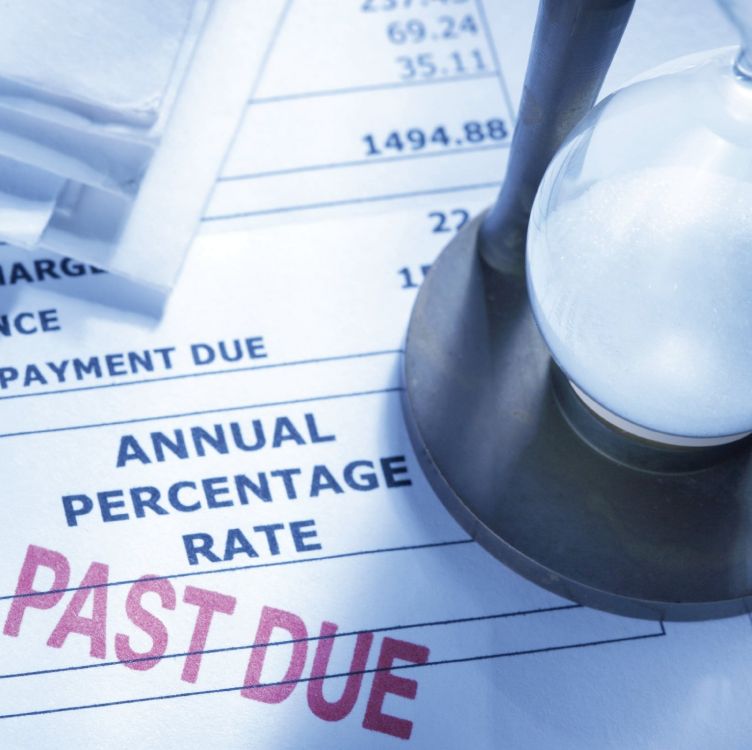Confused about how to structure your franchise? Carl Reader, director of d&t Chartered Accountants and Strategic Advisors, offers some professional guidance
When starting a new business, one of the things to consider is how to structure your company and how this will affect you both personally and tax wise.
While some franchisors define how their franchises should be structured, others are more flexible. If you have the option to set the business up as you would like, there are several structures you can use. Each of them have their own benefits and potential issues, which need to be discussed with an accountant to ensure you make the right decision for your business. Detailed below are the options available to franchisees:
Sole trader
—————-
This is where you trade on your own account. You will need to prepare annual accounts, which will then be included on your personal tax return to be submitted to HM Revenue & Customs each year. Business records will need to be maintained, but no accounts have to be submitted to anyone unless the franchisor requests to see them.
Tax is calculated annually based on the profit generated by your business and also taking into account any other income you have. The main payment is in the January following the tax year, with payments on account for the next year also due in January and July each year. These are calculated based on the prior year’s liability and can be adjusted if profits are likely to fall. The basic rate of tax is 20 per cent, while national insurance contributions at a rate of nine per cent are also payable. Once your profit exceeds £41,450, the tax rate increases to 40 per cent, with national insurance contributions falling to two per cent on profits in excess of this amount.
Commercially you are the business, so any business debts are in your name, not a separate legal entity. There is no protection if any legal action is taken against you and therefore your family home and other assets could be at risk.
Partnership
—————-
This is where you are in business with another person. Again, you will need to prepare accounts each year to be included on the partnership tax return, which will then flow through to your personal tax return. Tax is payable each January and July based on the profits you receive and follows the same rules as a sole trader.
Partners in a partnership have joint and several liability for any business debt. There is no protection if any legal action is taken against you and therefore your family home and other assets could be at risk.
Partnerships can be a useful tax planning tool for spouses, as they enable personal allowances and basic rate bands to be fully utilised to generate a higher family take home income.
It is important that a partnership agreement is drawn up to cover how the arrangement will operate and also what will happen if the partners cannot agree on the way to move forward. It can also detail aspects such as profit sharing ratios, holidays and what should happen if a partner leaves.
Limited liability partnership
———————————————
The tax treatment is the same as for a partnership, but there is also limited liability protection, which means your personal assets are protected from business liabilities, unless personal guarantees are given. Accounts need to be prepared annually and filed with Companies House. Typically, accounting costs will be higher than that of a partnership.
Again, it is important that a partnership agreement is drawn up. In order to add or remove partners from a limited liability partnership, forms need to be submitted to Companies House to reflect the changes.
Limited company
———————-
This is a separate legal entity that has directors and shareholders. It is a tax efficient way to structure your business if profits are over £25,000, as all income is taxed at 20 per cent (on the basis that the company is small). Money is then extracted by way of a small salary to the director/ shareholders along with dividends. Accounts need to be prepared each year and submitted to both Companies House and HM Revenue & Customs.
Limited companies give the same legal protection as a limited liability partnership, but have different tax rules. There is more flexibility with regards to extracting money from the company. The profits are taxed at 20 per cent and you can decide how much comes to you personally and whether this level covers your basic rate band, so that no further personal tax is payable.
You will need to ensure there are no reasons to give benefit to structuring in one way in favour of another. For example, there are various VAT exemptions that require a business to be structured either as a sole trader or partnership, which would then mean that a limited company would not be advantageous.
Another aspect to consider is if your business will make a loss in the first year. If this is likely and you have been employed previously, you can carry back losses, providing you are a sole trader or in partnership, and receive a tax rebate to assist with your cash flow.
When considering how to structure your business, you should discuss the options with a firm of franchise specialist accountants to find the best option for you.













_59_59_80_s.jpg)
_59_58_80_s.jpg)














